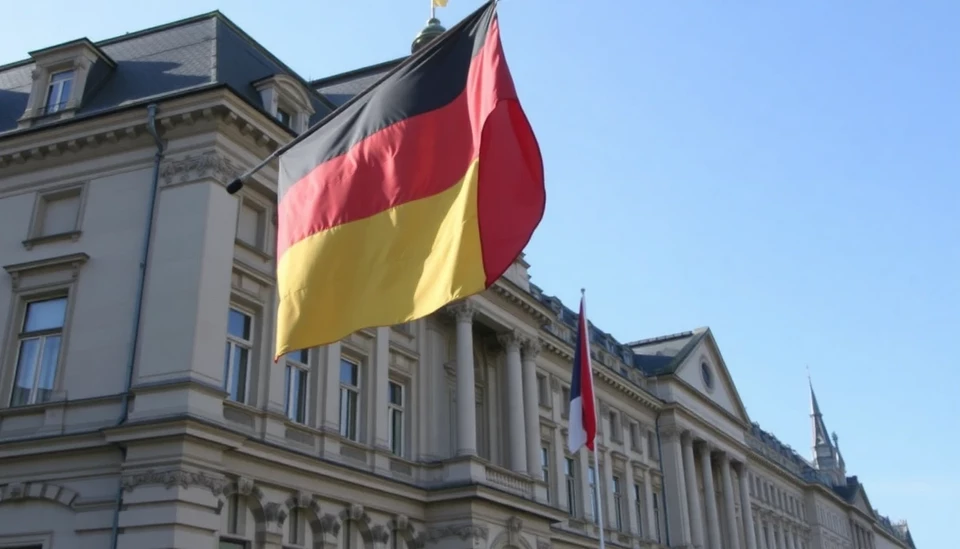
The German economy, once a beacon of stability and strength in Europe, is encountering significant challenges that have raised concerns both domestically and internationally. With a series of economic indicators pointing toward a slowdown, analysts are increasingly interrogating the underlying factors contributing to this downturn, particularly the role of China.
The foundation of Germany's economic prowess has long rested on its robust manufacturing sector, notably in industries such as automotive, machinery, and chemicals. However, recent data shows a worrying contraction in this sector, primarily due to diminished demand from China, which has been a critical trading partner for Germany. The shift can be attributed to several factors, including the lingering effects of the pandemic, geopolitical tensions, and China’s own economic adjustments as it moves towards a new growth model.
Adding to these complications, rising energy prices have further strained the manufacturing landscape. The shockwaves from the war in Ukraine have negatively impacted energy security and costs, compelling businesses to rethink their operational strategies. Many industrial giants in Germany are grappling with inflated energy bills, making it more challenging to maintain production efficiency in a competitive global market.
Another dimension of this economic conundrum is Germany's dependence on exports. The country has historically relied on its ability to sell products abroad, but with global economic unpredictability, its export-driven model is facing pressures. This is especially evident as the fallout from China's economic policies and the systemic issues within the Eurozone further complicate matters.
The government has not remained idle amid these economic pressures. Officials are exploring measures to bolster the economy, including potential fiscal packages aimed at stimulating growth. However, critics argue that time is of the essence, and decisive actions are needed to prevent further deterioration of economic performance.
The erosion of consumer confidence is yet another issue at play. As the public grapples with inflation and rising costs of living, spending has begun to retract, further amplifying the economic stagnation. With consumers tightening their belts, businesses are left with diminishing revenue streams, leading to layoffs and reduced investment in future growth.
It is crucial to acknowledge the significant influence of global dynamics on Germany's economic outlook. China's economic health often serves as a bellwether for Germany, and any fluctuations can produce ripple effects across various sectors. The challenge now lies in navigating these complex interdependencies while fostering a stable economic environment at home.
As the situation continues to evolve, it remains to be seen whether Germany can rebound from this downturn or if deeper structural changes are needed to adapt to new global realities. The road ahead is fraught with uncertainty, but addressing these economic challenges with strategic foresight could illuminate a path toward recovery and renewed strength for Germany.
In conclusion, as Germany grapples with declining manufacturing, rising energy costs, and diminished consumer confidence, the ramifications of its reliance on China are becoming increasingly pronounced. Understanding these interconnected factors will be essential for policymakers aiming to stabilize the economy and restore growth. The nation stands at a crossroads, with the future hinging on the ability to adapt to an ever-changing economic landscape.
#GermanyEconomy #EconomicChallenges #ChinaImpact #ManufacturingSector #EnergyCrisis #Eurozone #GlobalTrade #ConsumerConfidence
Author: Rachel Greene




